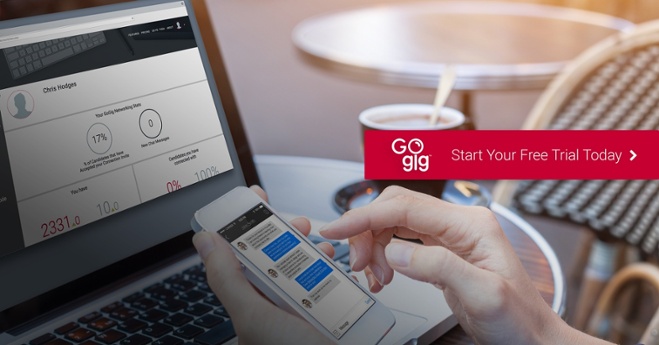More than 70% of employers check candidates’ social media pages during the hiring process, and 32% of them say they have outright disqualified people based on what they’ve seen. About three-quarters of employers actively seek new hires through advertising and posts on social media sites, making it a major recruitment tool.
With so much focus on social media, it’s easy to forget that it’s a minefield of legal and ethical concerns. Is it right to rule out candidates based on social media? Can you use it as your only hiring source? Are you exposing your company to risk?

Economic Discrimination
Although it might seem like everyone has internet access, many people in economically disadvantaged situations aren’t online. The Society for Human Resource Management (SHRM) warns employers that social media screening can amount to discrimination.
SHRM points out that lower rates of online access can correlate with certain racial and ethnic groups. So if your only hiring sources are Facebook and LinkedIn, you’re getting a skewed view of the potential pool of available candidates.
Stifling Diversity
Using social media as a recruitment tool can also have a chilling effect on diversity at your company. SHRM’s point about the connection to economic, racial, and ethnic diversity can come into full view over a period of time. Your workforce may become disproportionately affluent, for example.
Hiring Based on Bias
Allowing your hiring managers to scan social media before hiring may also introduce bias, intentionally or unintentionally, as they view the personal profiles of candidates. Social media sites hold all kinds of sensitive information.
Facebook shares protected-group status information like age and its users commonly post updates about medical situations. Instagram is full of ultrasound photos, children at parties, and other family information. Employers can’t discriminate based on things like age, medical status, and family situation.
Password Protected
Many employers have tried to take control of social media risks by directly asking candidates to provide information like passwords and printouts. The theory is that by doing it transparently, companies are less likely to run afoul of the law.
Not so fast! More than 20 states have passed new laws forbidding employers from requesting passwords or requiring candidates to pull up their social media accounts as a prerequisite for employment. And in the remaining states, privacy laws usually amount to the same kind of protection.
4 Steps to Success
Are you terrified of social media yet? Don’t worry, you don’t have to eliminate it from your hiring process. Here are 4 ways you can protect your company and hire responsibly.
Step 1: Limit it to HR. Restrict most managers to the traditional hiring process and only allow your HR manager to browse social media profiles. HR employees are much more likely to be properly trained on this issue.
Step 2: Search consistently. Look up all candidates’ profiles, not just a few. Make it a formal part of the process and apply your policy fairly.
Step 3: Document everything. Make printouts and notes to indicate exactly how you used social media to screen candidates. If a question comes up, you’ll be prepared to provide documentation.
Step 4: Balance the impact. Don’t base your entire decision on social media accounts. Make it one piece of a larger set of information about candidates. After all, there are many people with the same name out there, and the internet is full of impostors.
Work With Experts
Of course, the best way to sidestep the landmines of social media is to find a service that can analyze social media profiles and give you the personality information that will help you make the best culture fit hire for your company. A company like GoGig, which uses a proprietary personality algorithm, can help you dig deeper into personality than you ever thought possible and allows you to keeps you from any legal and ethical issues.
To learn more about using social media in hiring, you can sign up for a free trial of GoGig here.



